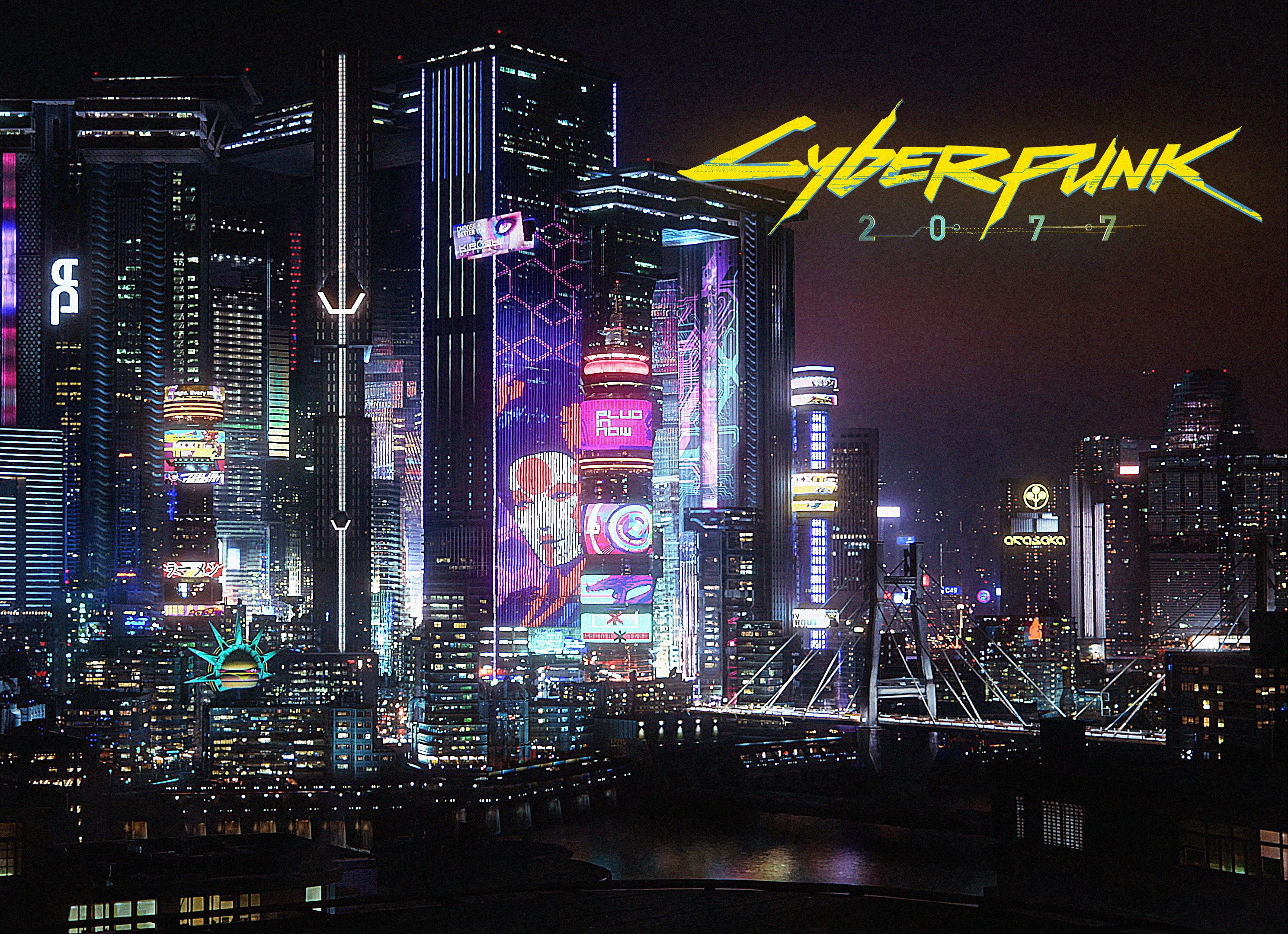The Impact of Platform Exclusivity on AAA Game News
The video game industry has long been defined by its console wars, a battle fought not only with hardware specs and game libraries but also through the strategic use of platform exclusivity. For major AAA titles, the decision to launch exclusively on a single platform—be it PlayStation, Xbox, Nintendo, or a digital storefront like the Epic Games Store—creates powerful ripples that extend far beyond sales figures. It fundamentally shapes the entire ecosystem of game news, influencing how games are covered, discussed, and ultimately perceived by the public. The impact of platform exclusivity on AAA game news is a complex interplay of marketing agendas, journalistic access, fan engagement, and the evolving definition of a "platform" itself.
At its core, platform exclusivity is a marketing tool, and the news cycle is its primary amplifier. The announcement of an exclusive title is a seismic event in the gaming world, generating a torrent of news articles, YouTube videos, and social media buzz. This initial wave of coverage is often overwhelmingly positive, fueled by carefully managed reveals at events like Sony’s State of Play or Nintendo Direct. News outlets, eager for traffic and access, become conduits for this marketing message. Headlines touting "The Next Big PlayStation Exclusive" or "Xbox's Killer App" are not just reports; they are extensions of the platform holder’s advertising campaign. This creates a symbiotic relationship: platforms get free, widespread promotion, and news sites get the high-engagement content their audience craves.
However, this relationship raises critical questions about journalistic objectivity and access. The gaming press relies heavily on early access to games, review copies, and interviews with developers—all of which are often contingent on maintaining a good relationship with platform holders and major publishers. When a high-profile exclusive is involved, the pressure to conform can be immense. Outlets that are overly critical might find themselves blacklisted from future preview events or last in line for review code, a significant disadvantage in the breakneck speed of games journalism. This can lead to a homogenization of coverage in the crucial pre-launch period, where the overwhelming narrative is one of hype and anticipation, with dissenting or cautious voices marginalized. The news becomes less about critical analysis and more about relaying curated marketing beats.
The nature of the coverage itself is also skewed by exclusivity. Instead of evaluating a game purely on its merits, a significant portion of the news and reviews must contextualize it within the "console war" narrative. A reviewer isn’t just asking, "Is this a good game?" but also, "Is this game good enough to justify buying a $500 console?" This shifts the critical framework from artistic and technical evaluation to a product-based value proposition. News articles will frequently cite Metacritic scores not just as a measure of quality, but as a weapon in the battle between platforms. This perpetual framing can be exhausting for consumers who simply want to play great games, regardless of the box they come in.
Furthermore, platform exclusivity actively fragments the gaming community and, by extension, the news that serves it. When a title like Final Fantasy VII Remake or Starfield is exclusive, it instantly creates an in-group and an out-group. The news cycle for these games is predominantly consumed by owners of that platform. For those outside the walled garden, the constant barrage of positive news and reviews can breed resentment or, conversely, cause them to disengage entirely from the conversation. This fragmentation limits the potential for a unified, industry-wide discussion about the game’s achievements and failures. The discourse splinters into platform-specific silos, with sub-reddits, forums, and influencer communities often becoming echo chambers of either fervent support or bitter dismissal.

The recent paradigm shift towards timed exclusivity and PC porting has added another layer of complexity to game news. A game may be a console exclusive for six to twelve months before arriving on other platforms. This stretches the news cycle in strange ways. The initial launch is covered as a major exclusive event. Then, a year later, the same game receives a second wave of coverage for its new platform release, often with re-reviews and "Is it worth it now?" think-pieces. This can feel repetitive and can sometimes diminish the impact of the original release, as the narrative shifts from the game itself to the business strategy behind its staggered launch.
The rise of the PC as a platform and the aggressive exclusivity strategy of storefronts like the Epic Games Store have further muddied the waters. Here, the exclusivity debate is less about hardware and more about launchers and revenue splits. The news coverage surrounding these exclusives is often markedly different, dominated not by hype for the game itself, but by heated debates about consumer choice, developer payouts, and the ethics of storefront exclusivity. The conversation, fueled by platforms like Twitter, becomes intensely polarized, often drowning out meaningful discussion about the game’s actual content.
In conclusion, platform exclusivity is far more than a business arrangement; it is a powerful force that dictates the rhythm and tone of AAA game news. It transforms journalism into an extension of marketing, frames artistic works as ammunition in corporate battles, and fractures the player base into opposing camps. While the excitement of a system-selling exclusive can generate undeniable energy and passion, the overall impact on games media is often a loss of nuance, critical depth, and community cohesion. As the industry continues to evolve with cloud gaming and subscription services threatening to redefine what a "platform" even is, the relationship between exclusivity and news will remain a central, and contentious, pillar of how we discover and talk about the biggest games in the world.
















